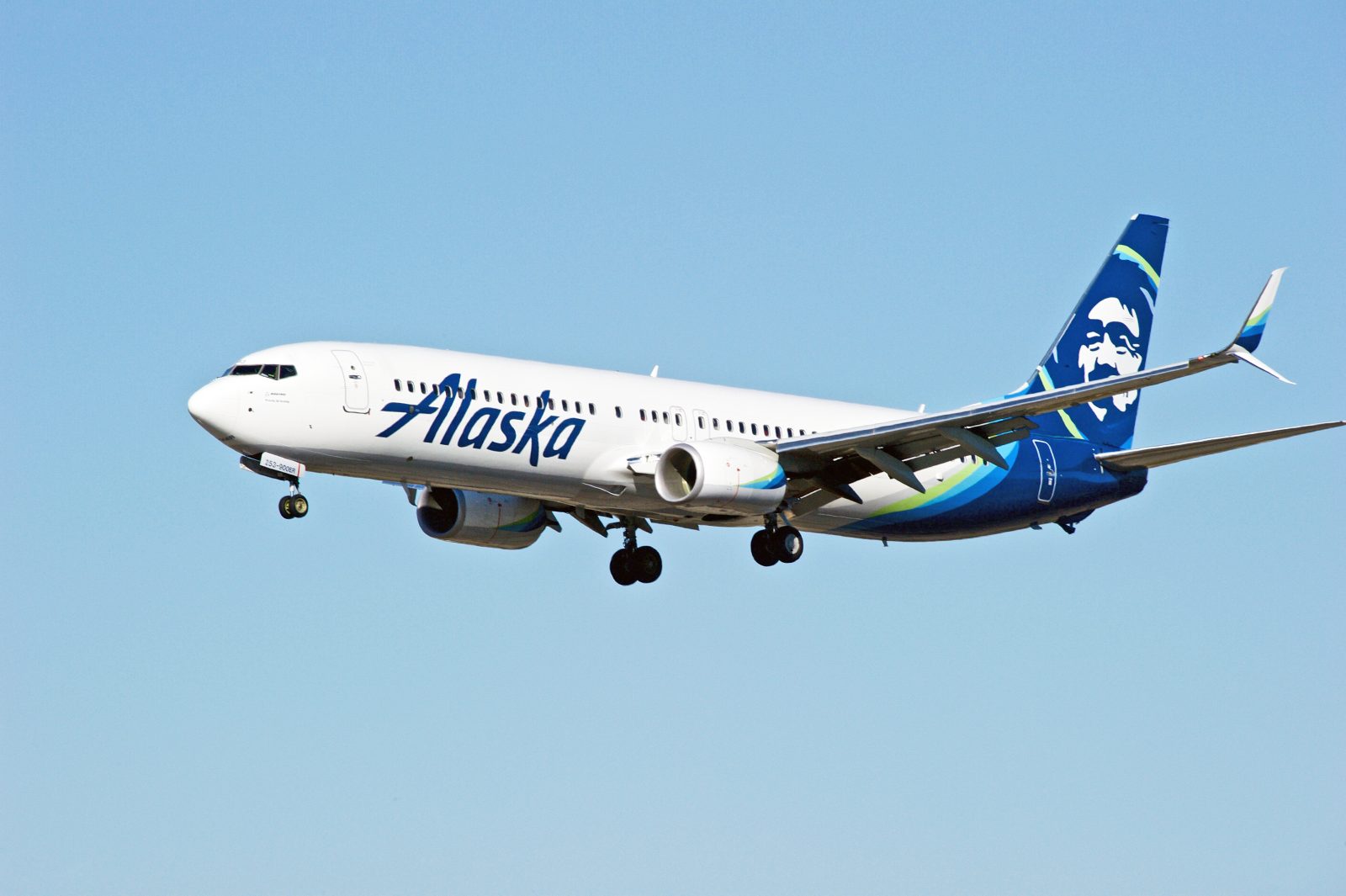
The Supreme Court must decide whether flight attendants are entitled to generous break entitlements under Californian law after the airline industry lost an appeal on the matter last year.
Under California’s Labor Code, employees who work for more than five hours are entitled to an uninterrupted 30-minute meal break and for every four hours an employee works, they must be given a rest period of at least 10-minutes.
A group of flight attendants at the now-defunct Virgin America airline brought a lawsuit against the carrier because they weren’t offered the same breaks but lawyers acting on behalf of the airline argued that under the Airline Deregulation Act of the 1970s, the federal government set airline work conditions.
A San Francisco appeals court disagreed and sided with the flight attendants who are now fighting Alaska Airlines which bought Virgin America in 2016.
A trade industry group now claims that should the Supreme Court appeal fail then airfares will have to go up to cover the increase in cost of employing more flight attendants and providing longer ‘turns’ between flights. Flights could also be cut.
The warning from Airlines for America comes on the same day that major U.S-based carriers are warning of a sharp increase in airfares because of the surging price of jet fuel which is being exasperated by the situation in Europe.
In its submission to the Supreme Court, the trade group likened California’s Labor Code to the state requiring airlines to staff every flight with an additional flight attendant.
“The only way airlines can comply with these laws is to add more flight attendants on ‘longer’ flights and to schedule longer ground times between ‘shorter’ flights,” the submission argues.
Airlines for America argues that adding one flight attendant to mainline flights would be “inordinately” expensive and deprive passengers of seats.
“Providing mid-flight breaks will also be a scheduling nightmare,” the argument continues. “Airlines will have to build flight attendant schedules so that mid-flight breaks occur when California law dictates they must.”
“Obviously, that is impossible. What happens if a flight is delayed 30 minutes, such that a flight attendant’s break is now scheduled during landing? What if there is serious turbulence and the captain requires the flight attendants to remain in their seats? Or an altercation? Or an emergency?”
The Supreme Court has invited the Solicitor General to file a brief explaining the views of the Biden administration on the issue. The court is yet to receive a response.
Flight attendants are also fighting to increase the minimum rest time between flights from nine hours to ten hours. A law to make the increase possible has already been passed but the previous administration stalled the necessary rulemaking and it is now being fast-tracked.
Airlines had bitterly opposed the increase and argued it would lead to a rise in airfares because more flight attendants would be required.
Mateusz Maszczynski honed his skills as an international flight attendant at the most prominent airline in the Middle East and has been flying ever since... most recently for a well known European airline. Matt is passionate about the aviation industry and has become an expert in passenger experience and human-centric stories. Always keeping an ear close to the ground, Matt's industry insights, analysis and news coverage is frequently relied upon by some of the biggest names in journalism.







